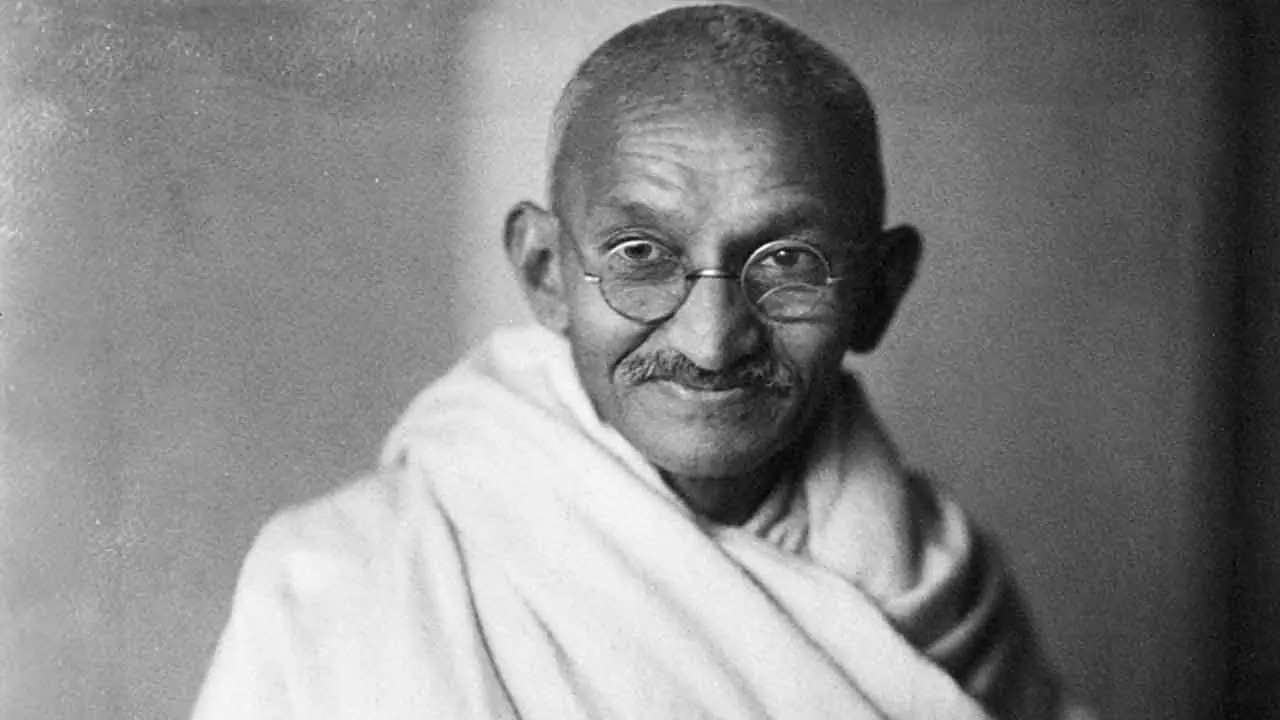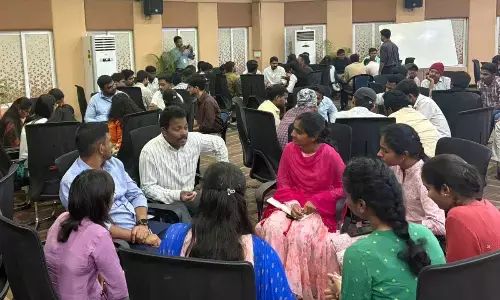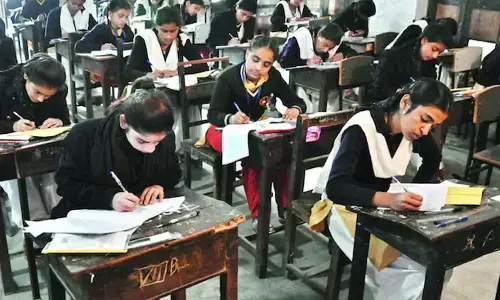Some key lessons from Mahatma Gandhi's life that students can learn

Mahatma Gandhi's life offers many profound lessons for students that are relevant to personal growth, education, and social responsibility. Some key lessons from his life that students can apply
The Power of Truth and Integrity (Satyagraha)
- Lesson: Always stand by the truth, no matter the consequences. Gandhi’s principle of *Satyagraha* (truth-force) teaches students to embrace honesty in their studies and personal lives.
- Application: Avoid academic dishonesty, cheating, or shortcuts. Strive for authenticity in both academic work and personal relationships.
Perseverance and Hard Work
- Lesson: Gandhi’s life demonstrates that great achievements come from persistent effort. He never gave up on his mission for freedom despite setbacks and hardships.
- Application: Students should develop resilience, not giving up when faced with challenges, whether in studies or life. Hard work and patience lead to lasting success.
Non-Violence (Ahimsa)
- Lesson: Gandhi's commitment to non-violence teaches students to resolve conflicts peacefully. Non-violence isn’t just about avoiding physical harm, but also fostering kindness and compassion.
- Application: Practice empathy and compassion in interactions with others. Avoid resorting to anger or aggression, and seek peaceful solutions to problems.
Simple Living and Self-Discipline
- Lesson: Gandhi led a simple life, believing that material wealth wasn’t the key to happiness. His self-discipline and focus on essential values made him a powerful figure.
- Application: Students can learn to live with less distraction, focus on what truly matters (education, personal growth), and avoid excessive attachment to material things like gadgets or luxury.
Service to Others
- Lesson: Gandhi’s life was dedicated to the service of others, particularly the downtrodden and oppressed. He showed that serving humanity is the highest form of living.
- Application: Students can take up causes that benefit others, such as community service or environmental activism. By helping others, they develop empathy, leadership, and a sense of social responsibility.
Courage to Challenge Injustice
- Lesson: Gandhi had the moral courage to stand against oppression, whether it was colonialism or social injustice. He challenged injustice in non-violent ways.
- Application: Students should learn to speak up against bullying, discrimination, or unfair practices in school or society. Standing up for what is right takes courage but creates positive change.
Education Beyond Books
- Lesson: Gandhi believed in holistic education, which develops not only intellectual abilities but also moral and practical skills.
- Application: Students should seek to develop themselves not just academically, but also physically, emotionally, and ethically. Engage in extracurricular activities, learn practical skills, and value character development.
Self-Reliance
- Lesson: Gandhi promoted the idea of *Swadeshi* (self-reliance), encouraging people to use their own resources and skills rather than depend on others.
- Application: Students should focus on developing skills that make them self-sufficient. Take responsibility for personal tasks, manage time effectively, and avoid over-reliance on external help.
Leadership through Example
- Lesson: Gandhi led by example. His actions aligned with his values, and he didn’t ask others to do what he wouldn’t do himself.
- Application: Students can practice leadership by example—whether in group projects, sports, or personal life—by setting a positive example for others to follow.
The Importance of Peaceful Communication
- Lesson: Gandhi believed in the importance of open, peaceful dialogue to resolve conflicts and build understanding between different groups.
- Application: Students can learn to communicate effectively, listen actively, and resolve misunderstandings through respectful conversations, fostering better relationships with peers and teachers.








